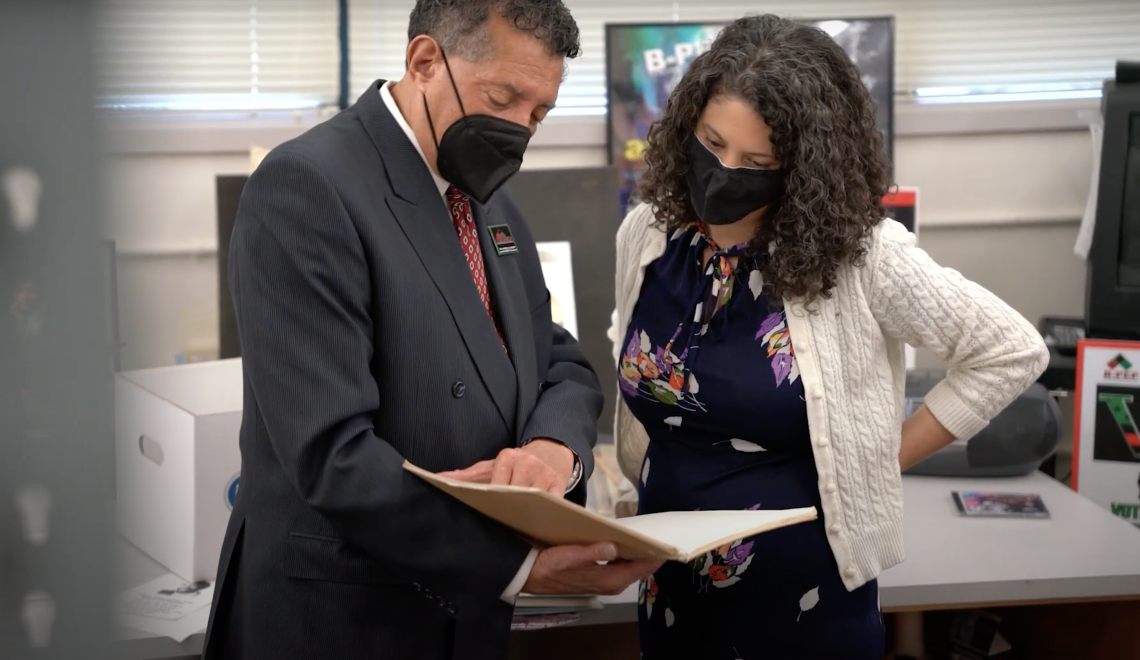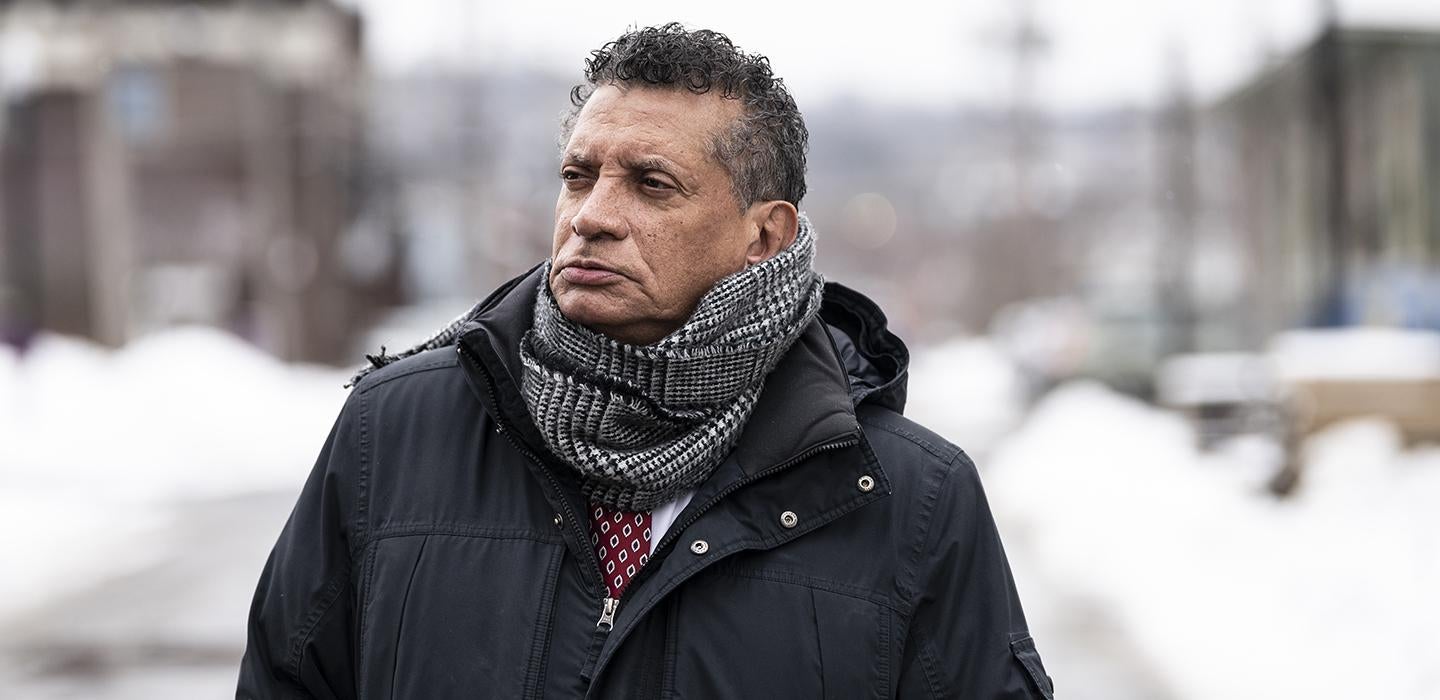
Subscribe to Pittwire Today
Get the most interesting and important stories from the University of Pittsburgh.Since the mid-60s, alumnus Tim Stevens (A&S ’67, GSPIA ’74) has been stalwart in his advocacy of Black people’s civil rights, and he remains on the front lines of Pittsburgh community organizing today.
In 1986, Stevens founded the Black Political Empowerment Project (B-PEP), a local nonpartisan organization dedicated to enfranchising Black voters. Almost 40 years later, he still serves as the chair and CEO.
During his 10 years as president of the Pittsburgh branch of the NAACP in the 90s, he led a campaign pressuring the Judicial Department to impose the nation's first consent decree, a legal reform agreement with the Pittsburgh Bureau of Police.
In 2006, the University Library System’s Archives and Special Collections acquired 27 boxes of speech notes, correspondence, photographs and papers chronicling his work to make a more equitable Pittsburgh.
Pittwire took a trip to his archives and asked Stevens to share his advice for young people who want to advocate for change.
“One feels honored,” Stevens said about Pitt archiving his materials, “that somebody thinks that what you did in life can potentially mean something to somebody else.”

Tell us a memory from your time as a Pitt student.
I had the opportunity to drive Martin Luther King Jr. to campus from the Pittsburgh airport with a few of my Alpha Phi Alpha fraternity brothers. He was scheduled to speak at Pitt’s student union. I regret that we didn’t get a picture with him. That would’ve been wonderful.
I remember that Dr. King was just so low key. He didn’t have any pretentiousness, and of course, he gave a rousing speech.
What do you want young people to know about community organizing?
I don't expect everybody to stay in the movement for 50 plus years as I have — that’s unrealistic. It would be nice if they stayed at least 10 to 15 years. You don’t get things done without consistency.
You have to know that if you speak up, somebody's not going to like what you're doing — it's a political mathematical equation. I'd rather be known for doing something than known for doing nothing.
To young people: You have to stay in the space that you create and find people who support you in that space. You can't just be out here for a minute. Don’t say, “I did my minute; I did a year or two.” That is not going to solve the problem.
When a doctor says, “Take these pills for 10 days,” and you take them for five days and start feeling a little better, you can’t quit taking the pills because you’ll get sick again. You never healed. This country is not healed.
What legacy do you hope to leave?
When I’m in my grave, I want people to be still saying, “African Americans vote in each and every election.” That’s the slogan of the Black Political Empowerment Project. Most movements and organizations are born out of upset or need, and there were no Blacks on city council when we started B-PEP in the mid-80s.
How far have we come in this country as Black people? I hope that some of the seeds I have planted will be watered. I want folks to continue the work I started. We cannot stop; the battle goes on even though we are angry and frustrated. We must use our anger as fuel to help us move forward.
— Nichole Faina


